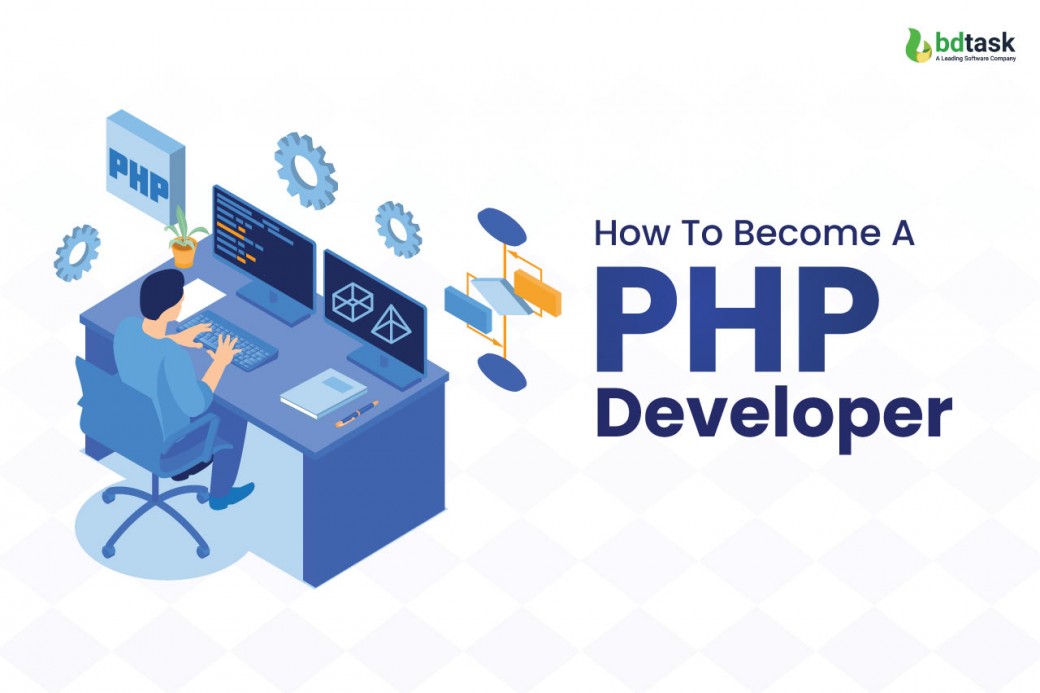Cenet Whispers
Your source for the latest insights and trends.
PHP Development: The Secret Sauce Behind Dynamic Websites
Discover the magic of PHP development and unlock the secrets behind dynamic websites that captivate and engage!
Understanding PHP: How It Powers Dynamic Web Applications
PHP, or 'Hypertext Preprocessor', is a powerful server-side scripting language that plays a crucial role in the development of dynamic web applications. Unlike static HTML pages, which display the same content to every user, PHP enables websites to generate customized content based on user interactions and preferences. For instance, when a user logs into a site, PHP can retrieve their unique profile information from a database and display it dynamically. This capability not only enhances user experience but also drives engagement, making PHP an essential tool for modern web development.
Moreover, PHP integrates seamlessly with a variety of databases, with MySQL being one of the most popular choices. This synergy allows developers to create dynamically generated web pages that can read, write, and manipulate data effortlessly. For example, through simple PHP scripts, developers can build features such as user registration forms, content management systems, and e-commerce platforms. By utilizing frameworks like Laravel or Symfony, developers can further streamline the process, adhering to best practices and ensuring the production of high-quality, maintainable code.

Top 10 PHP Frameworks That Revolutionize Web Development
In the ever-evolving world of web development, PHP frameworks have emerged as essential tools that streamline the coding process, enhance productivity, and ensure high-quality output. These frameworks provide developers with a robust set of features and structures that facilitate efficient code management. This article presents the top 10 PHP frameworks that are revolutionizing web development today. Each framework has its unique advantages that cater to different project needs, from large-scale enterprise solutions to lightweight applications.
1. Laravel - Known for its elegant syntax and powerful features, Laravel has become the framework of choice for many developers.
2. Symfony - With its modular component system, Symfony is perfect for large-scale applications.
3. CodeIgniter - A lightweight framework that allows for rapid development without compromising performance.
4. Yii - Optimized for performance, Yii is configurable and highly extensible.
5. Phalcon - As a C extension, Phalcon is one of the fastest PHP frameworks available.
6. CakePHP - It follows the convention over configuration principle, making development fast and easy.
7. Zend Framework - Known for its enterprise-level features, it's great for complex projects.
8. Laminas - The continuation of Zend Framework, providing excellent MVC support.
9. Fat-Free Framework - An ultra-lightweight framework focused on simplicity and speed.
10. PHPixie - A lightweight framework that is great for building quick PHP applications.
These frameworks are not just tools; they are game changers in the way developers build modern web applications.
Is PHP Still Relevant in 2023? Exploring Its Impact on Modern Websites
As we delve into the question, Is PHP still relevant in 2023? it becomes evident that this server-side scripting language continues to play a significant role in web development. With an estimated 79% of websites using PHP, including major platforms like Facebook and WordPress, it's clear that PHP's impact on modern websites remains substantial. Its ease of use, flexibility, and extensive community support have made it a staple among developers, enabling them to build dynamic and interactive web applications efficiently.
Moreover, PHP has evolved significantly over the years, with the latest versions introducing numerous features that enhance performance and security. For instance, PHP 8 brought improvements such as the JIT (Just In Time) compiler, which boosts execution speed, and various syntax enhancements that simplify coding. These advancements ensure that PHP can meet the demands of contemporary web development practices. Thus, the relevance of PHP in 2023 is not merely a question of usage; it’s about how it adapts and innovates in an ever-changing digital landscape.